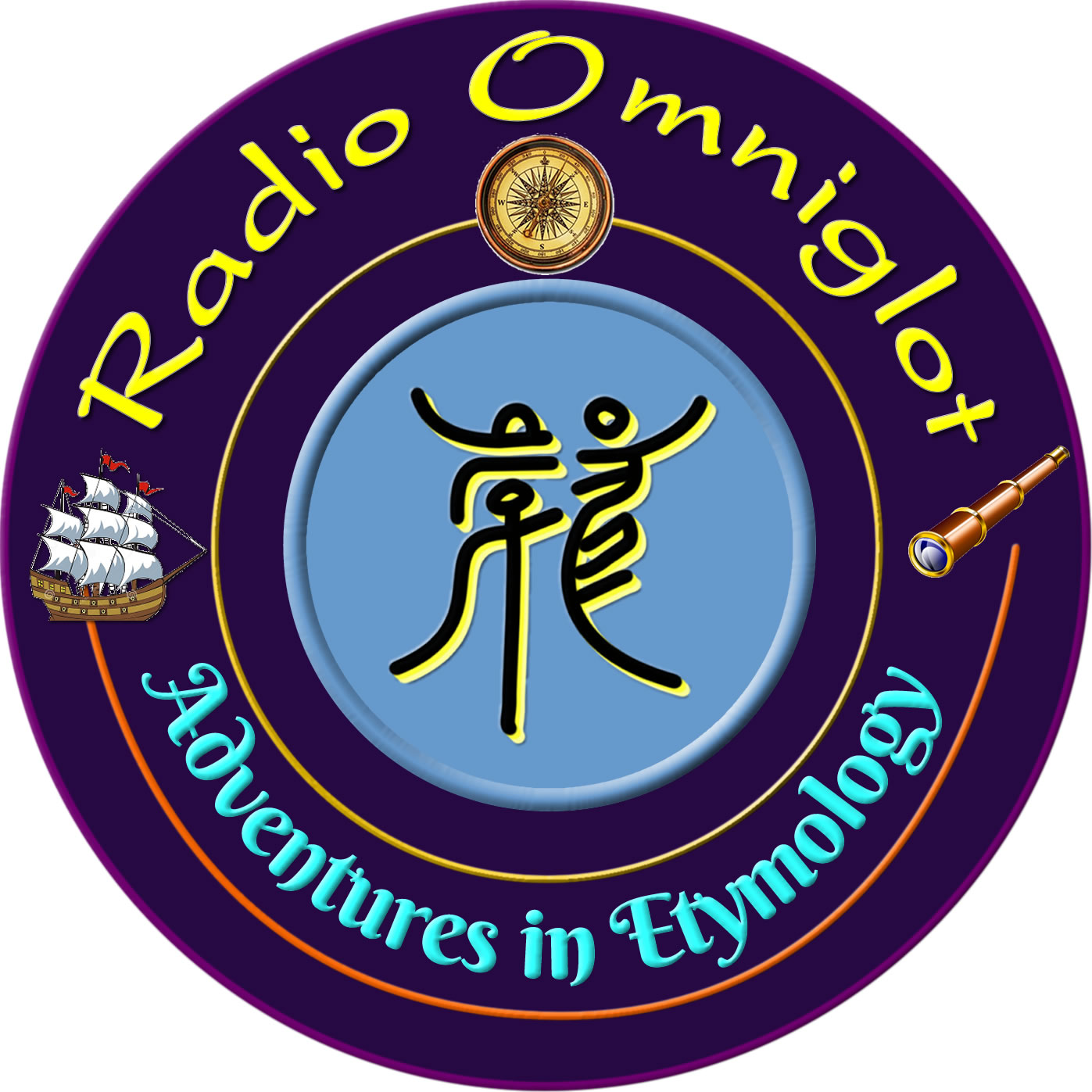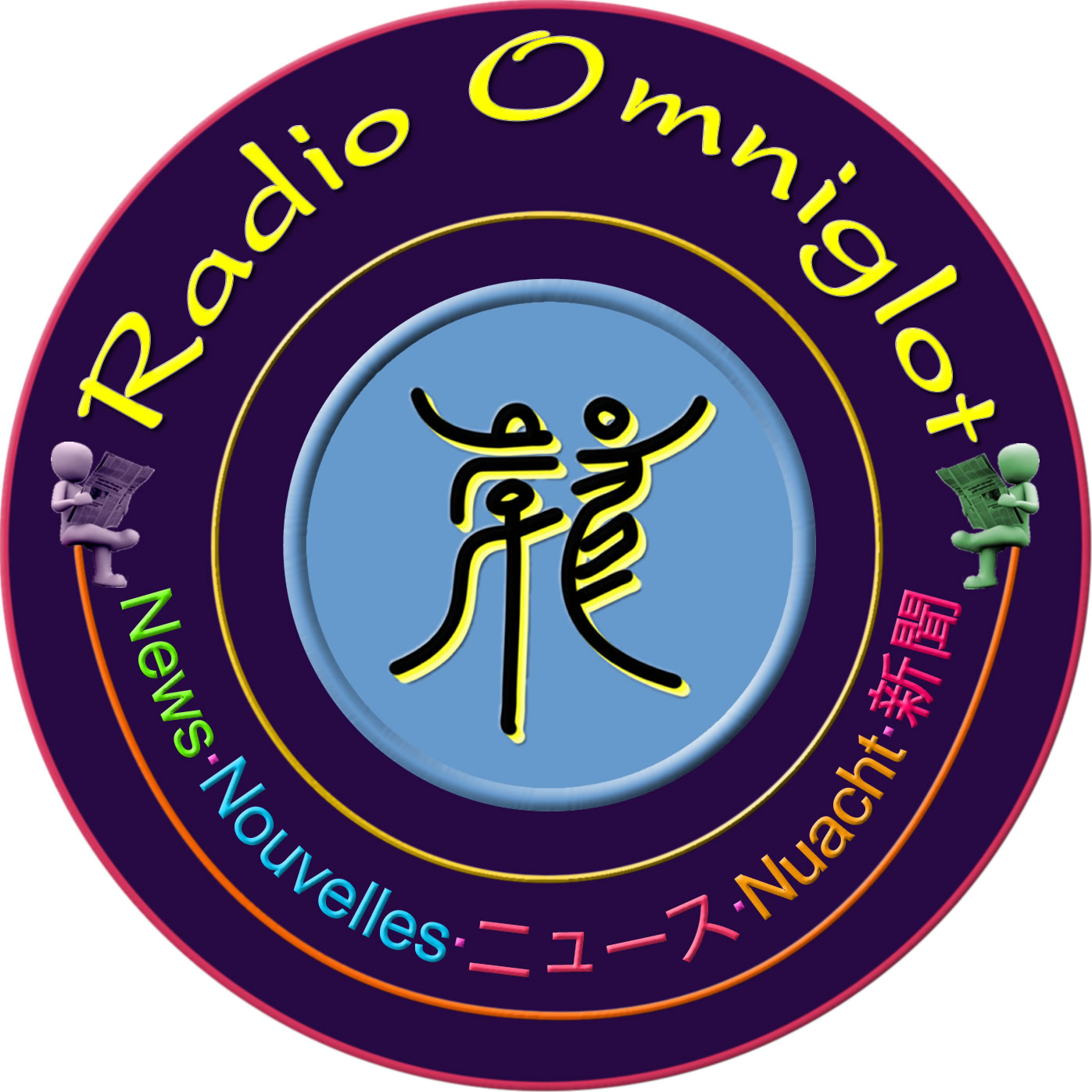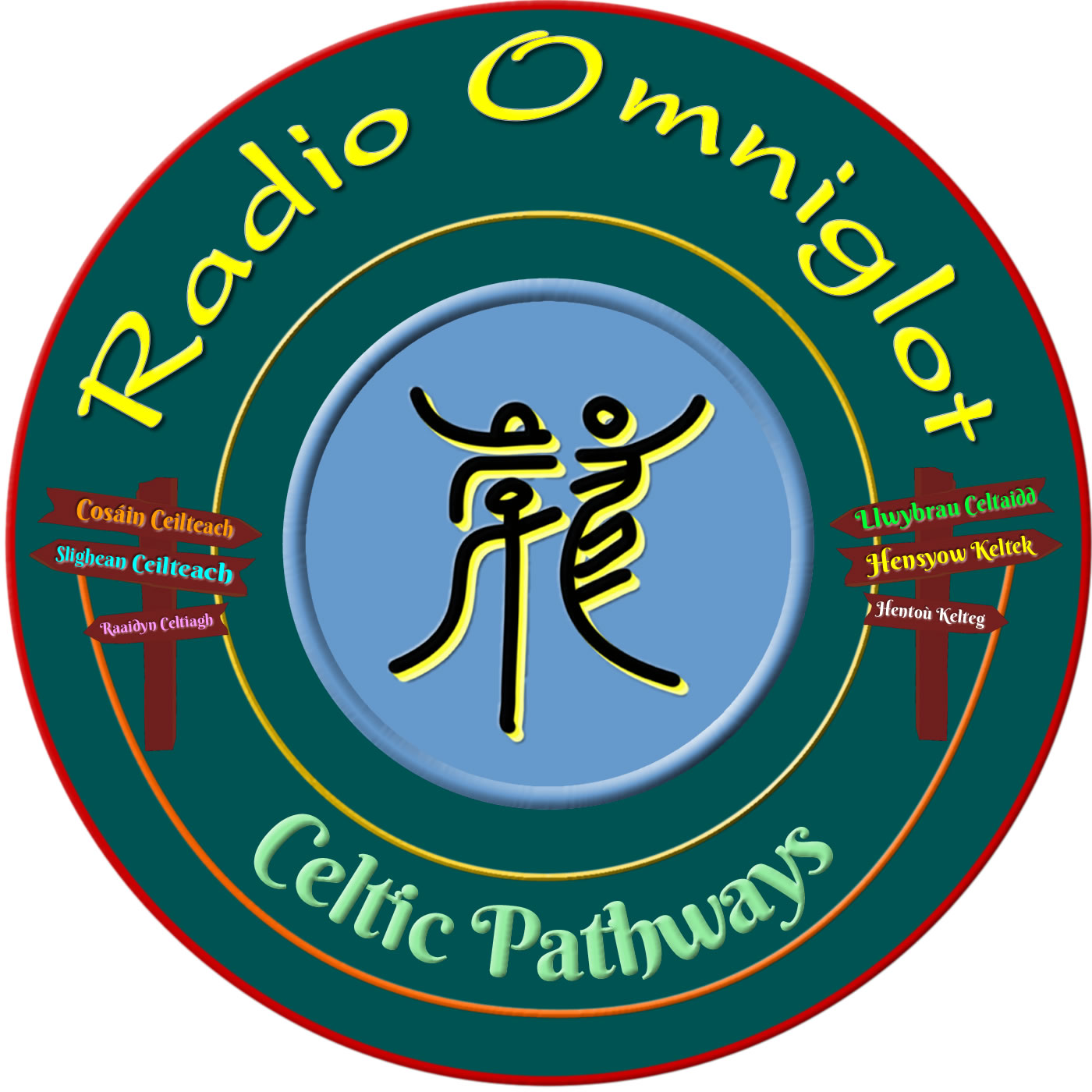Adventures in Etymology – Burning Focus 🔥🔍
Description
In this Adventure in Etymology we focus on the origins of the word focus.
Focus [ˈfəʊ.kəs / ˈfoʊ.kəs] as a noun can mean:
- A point at which reflected or refracted rays of light converge.
- The quality of the convergence of light on the photographic medium.
- Something to which activity, attention or interest is primarily directed.
As an verb, focus can mean:
- To cause (rays of light, etc) to converge at a single point.
- To adjust (a lens, an optical instrument) in order to position an image with respect to the focal plane.
- To direct attention, effort, or energy to a particular audience or task.
- To concentrate one’s attention.
It comes from Latin focus (fireplace, hearth, brazier, house, family), possibly from Proto-Indo-European *bʰeh₂- (to shine), or from PIE *dʰegʷʰ- (to burn) [source].
Words from the same roots include fuoco (fire, torment) in Italian, feu (fire, lighter) in French, fogo (fire, house, family, flame) in Portuguese, φουφού (foufoú – brazier) in Greek, Fokus (focus) in German, and curfew in English [source].
The English word fuel, also comes from the same Latin root, via Middle English fewell (fuel), Old French fouaille (firewood, kindling), and f(o)u / foc (fire), and Late Latin focus (fire) [source].
The Italian flatbread, focaccia, also gets its name from the same roots, via Late Latin focācia, the plural of focācium (bread baked under ash), from (panis) focācius ((bread) of the hearth), as does hogaza (loaf) in Spanish and pogača (cake) in Slovenian [source].
If you would like to support this podcast, you can make a donation via PayPal or Patreon, or contribute to Omniglot in other ways.
Radio Omniglot podcasts are brought to you in association with Blubrry Podcast Hosting, a great place to host your podcasts. Get your first month free with the promo code omniglot.
I also write about words, etymology and other language-related topics on the Omniglot Blog, and I explore etymological connections between Celtic languages on the Celtiadur blog.











